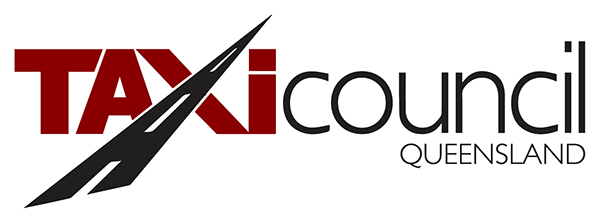02/06/2019
QUEENSLAND’S peak taxi body wants cameras placed in all ride-share vehicles following two alleged attacks on Gold Coast passengers.
The Taxi Council Queensland (TCQ) says there is “clear evidence” to suggest booked-hire vehicles and their drivers are not as safe as the Government expects them to be.
“We know security cameras, monitored duress alarms, and hardwired GPS tracking have improved passenger and driver safety in taxis, so clearly these technologies would be effective solutions for booked-hire vehicles as well,” TCQ boss Blair Davies told the Australian Taxi Industry Association Conference on the Gold Coast this week.
A 25-year-old Uber driver was last month accused of entering the home of his 21-year-old passenger and sexually assaulting her. Late last year, another Uber driver pleaded guilty to sexually assaulting a drunk passenger in a locked car.
Queensland industry standards require that only taxis be fitted with security cameras. They must capture both video and audio. Those drivers without a camera face fines of up to $522.
However, all ride-share and taxi drivers undergo the same background checks and authorisation certification system.
Mr Davis said the government’s “softly-softly approach” to ride-share companies had not worked and it was time to implement tougher measures.
Gold Coast Uber driver Arsalan Khadim, who has installed a camera in his car, said he was supportive of a requirement.
“Having a camera will allow drivers to be alert and not do anything stupid because the camera will capture that,” Mr Khadim said.
“On the other hand, riders cannot blame the drivers for something that they haven’t done and get away with it.”
A spokeswoman for Uber yesterday told the Bulletin that the ride-sharing apps offered additional accountability, as opposed to the taxi industry’s traditional anonymous “rank and hail”.
“The elimination of anonymity (in ride-share vehicles) ensures that both riders and driver-partners are accountable for their behaviour. Queensland transport regulation has recognised this distinction,” the spokeswoman said.
“Our technology makes it possible to focus on safety for riders and driver-partners before, during, and after every Uber trip.
“We’ve also introduced the Share My Trip function which allows a rider to share their trip details in one tap with trusted family or friends, and the emergency button, which helps connect passengers to triple 0 or local law-enforcement contacts if they’re travelling outside Australia.”
Transport and Main Roads Minister Mark Bailey said there were no plans to change the safety criteria.
“However, we are in the process of evaluating the personalised transport reforms first introduced in 2016.”
